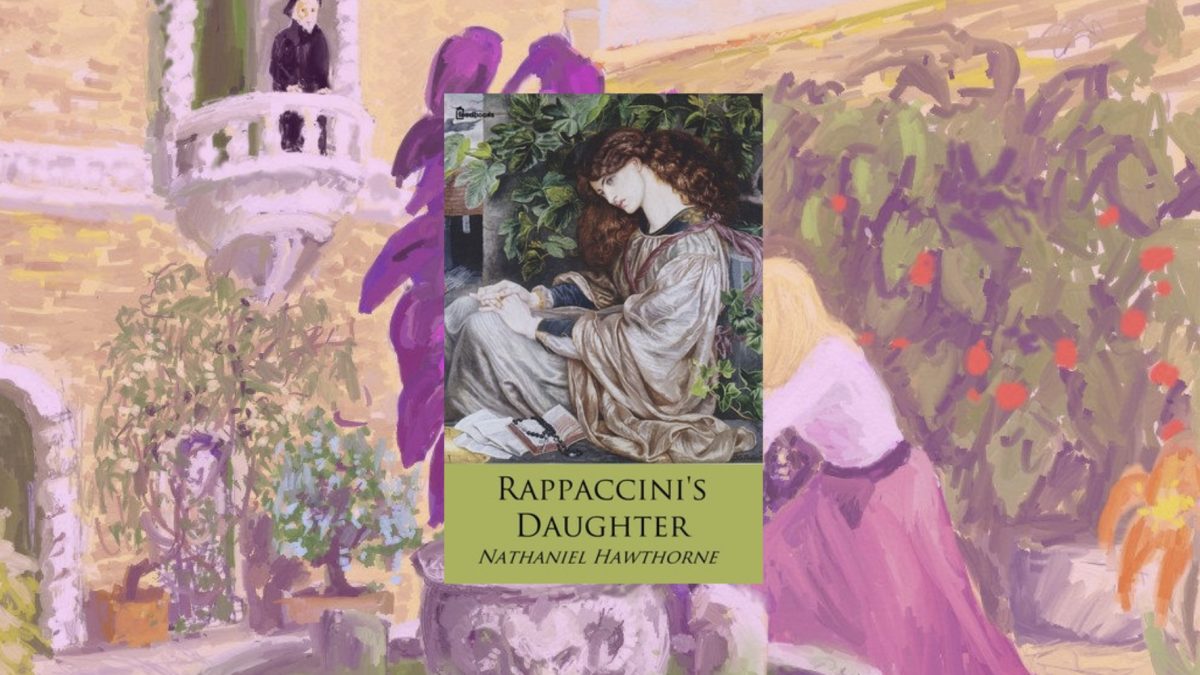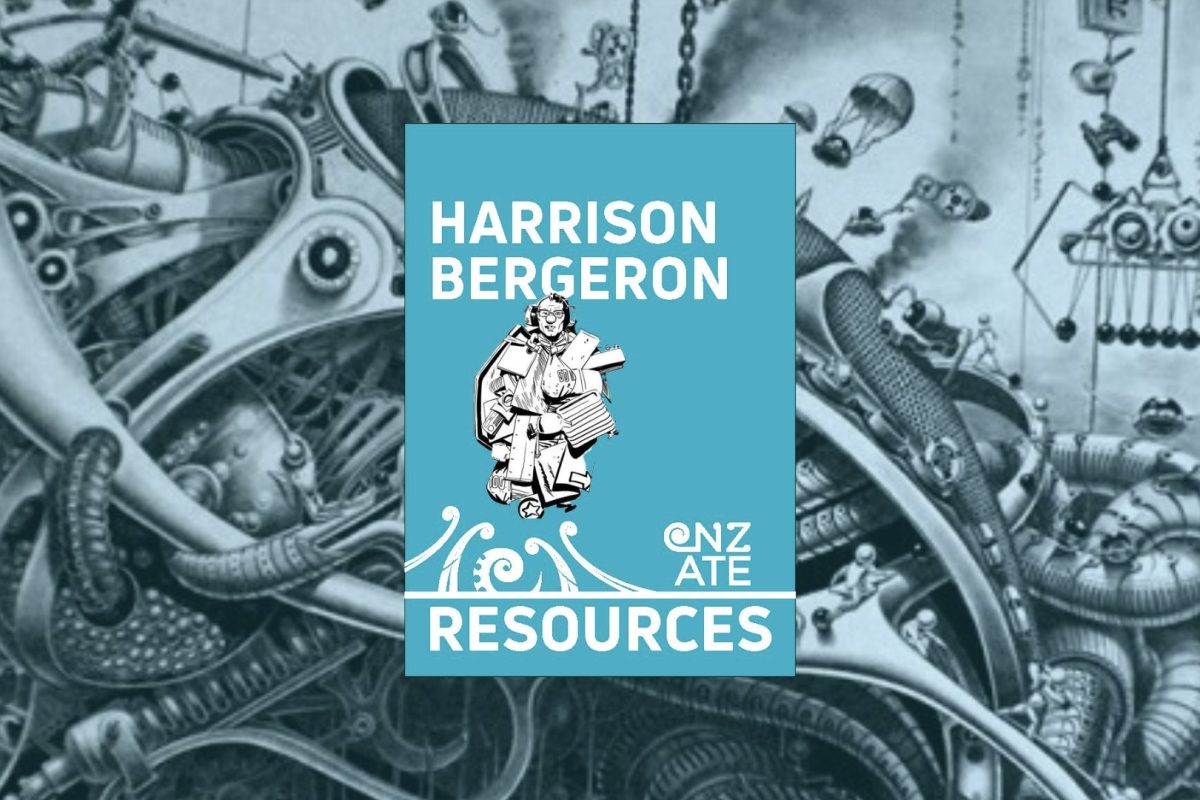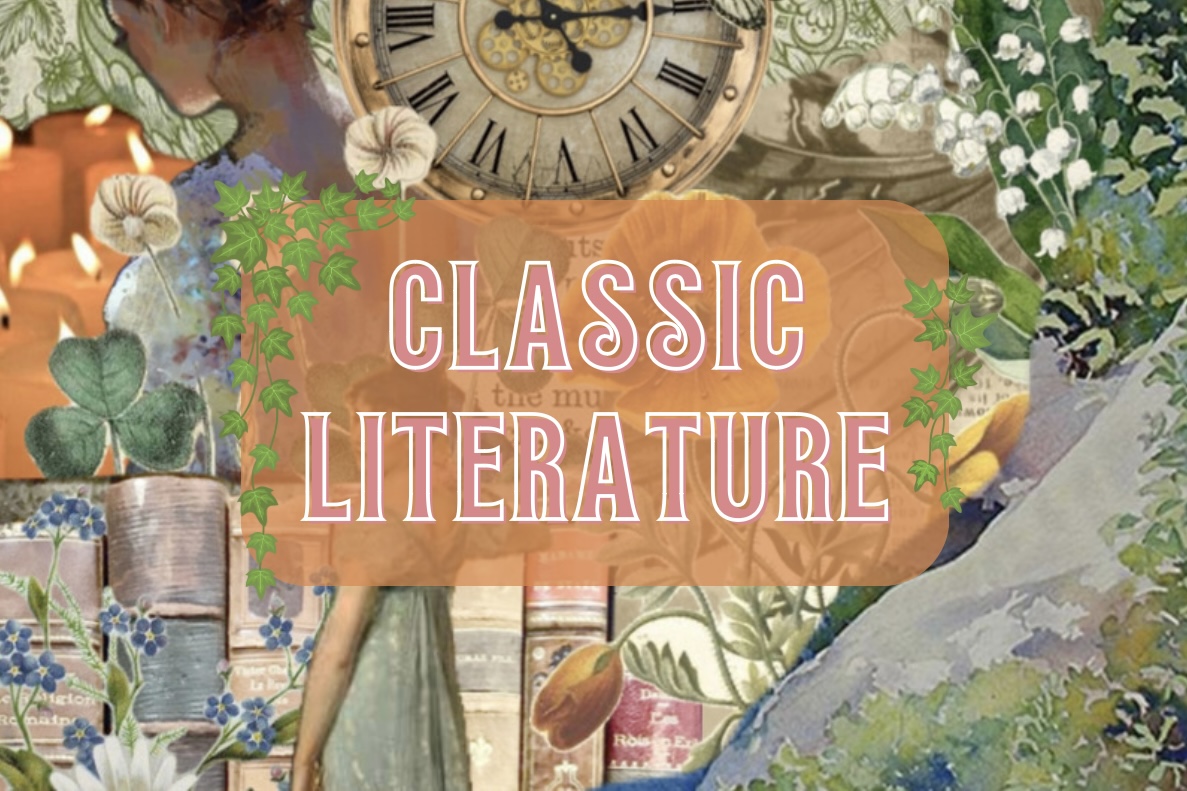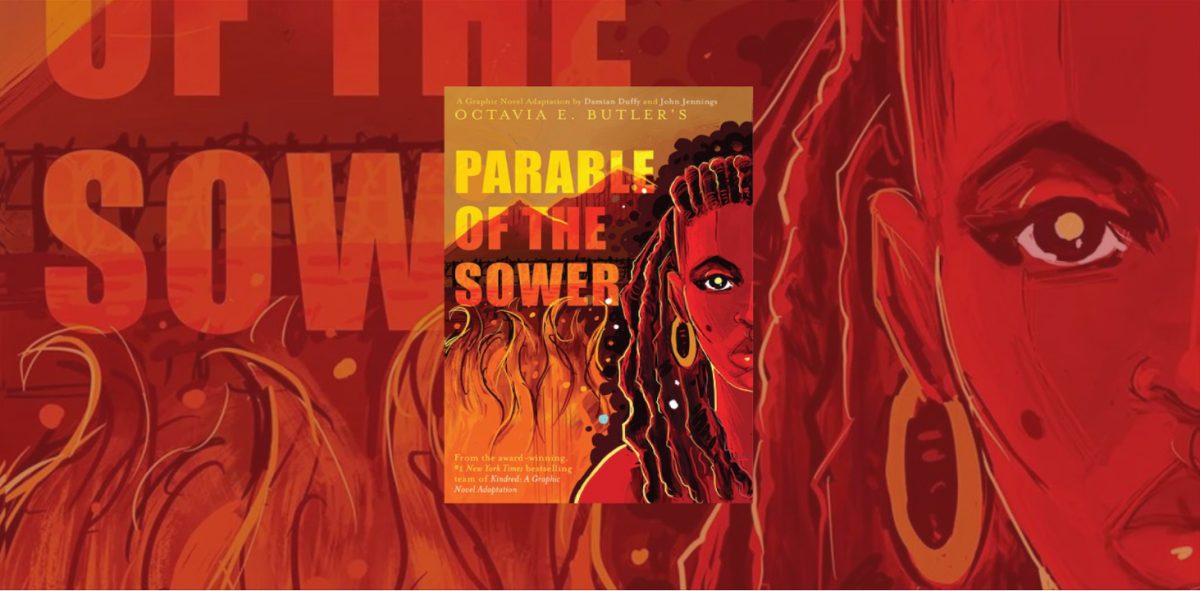In Nathaniel Hawthorne’s haunting tale, “Rappaccini’s Daughter,” the author weaves a web of themes that delve into the complexities of human nature and the pursuit of knowledge. The short story revolves around the central character, Dr. Rappaccini, a brilliant scientist who conducts ethically questionable experiments in his secluded garden. He has a daughter named Beatrice, who has been raised in the garden and becomes infused with poison due to her father’s experiments. As the story unfolds, a young man named Giovanni falls in love with Beatrice. However, their love is tainted by the poisonous nature of Beatrice, leading to tragic consequences. Through the unsettling works of Dr. Rappaccini, the story explores the intertwined themes of isolation, corruption, and innocence, serving as a cautionary beacon warning against the reckless pursuit of knowledge without ethical considerations.
One of the central themes in “Rappaccini’s Daughter” is isolation, both physical and emotional, experienced by the characters due to their relentless chasing of information. Dr. Rappaccini, the brilliant scientist consumed by his desire for scientific advancement, locks himself away in his toxic garden, shutting out the world. This isolation is evident in his words, “My daughter! It was my daughter! He had caught her in his arms, and was permitting his long grey beard to sweep her cheek.” Similarly, Giovanni Guasconti, the protagonist, falls victim to isolation as he becomes fixated on Beatrice, Rappaccini’s daughter, who has become poisonous due to her father’s experiments. Giovanni’s quote, “Must I thank you for this, signor? Did you intend it for a kindness?” reflects his growing sense of alienation as he grapples with the moral implications of his love for Beatrice. The pursuit of knowledge, driven by curiosity and fascination, inadvertently leads to isolation, cutting off the individuals from the rest of society.
Dr. Rappaccini’s relentless pursuit of knowledge leads to the corruption of his scientific intentions, turning his garden into a symbol of hostility and hatred rather than kindness and compassion. The scientists’ obsession with scientific advancements blinds him to the ethical implications of his actions, leading to the creation of toxic plants which poison his daughter.
Dr. Rappaccini, obsessed with his botanical experiments, justifies his actions by proclaiming, “Are not the leaves of the wood forever sear and yellow, though kept alive by the deep root?…Why, therefore, should we trouble ourselves to study the secrets of the dead?” This rationalization exposes the dangerous mindset of scientists who prioritize their intellectual pursuits over the ethical implications of their actions.
Moreover, the garden itself symbolizes the corruption resulting from unchecked knowledge. Hawthorne describes it as “a rank, luxurious, and spirit-invigorating fragrance in the atmosphere, which made the heart still gladness, and caused the very lips to smile.” The apparent beauty of the garden hides its venomous nature, luring innocent souls like Beatrice into its clutches and corrupting them in the process. This transformation reflects the detrimental consequences of knowledge with a lack of a moral compass.
The theme of innocence is at the heart of “Rappaccini’s Daughter,” as it portrays the tragic fate of Beatrice, an innocent victim of her father’s scientific pursuits. Beatrice, the embodiment of innocence, becomes a victim of her father’s relentless ambition, losing her chance at a normal life and love. Beatrice’s innocence and naivety leave her vulnerable to the corrupting effects of intellect, ultimately leading to her downfall. Giovanni’s realization of Beatrice’s fate and his role in it emphasizes the importance of preserving innocence and questioning the pursuit of knowledge without moral considerations. He confesses, “My Beatrice, I desire no such triumph over thy heart! – no such victory as that.. I pray for it! – I hunger and thirst for it!… Give me death!” Giovanni recognizes that his pursuit of knowledge has cost him the innocence he once cherished, leaving him with profound regret and sorrow.
When Giovanni attempts to rescue her from the poisonous garden, she attempts to appeal to him: “It is a weary task to undo the work of long years in a single day! Wouldst thou have me turn my eyes from my father’s garden, and the flowers he planted there with his own hands, and which he has watered with his tears, and which are yet fairer than such as bloom in the wide world besides?.. Whether to plant flowers, or to bathe it in my tears,-alas! Giovanni, I know not!” In this saddening moment, Beatrice’s words unveil the extent of her sacrifice, having been corrupted by her father’s experiments, leaving her torn between her loyalty to him and her desire for a regular life.
Hawthorne’s dark tale serves as a reminder that knowledge, without moral responsibility, can lead to disastrous consequences. Firstly, the story serves as a warning to scientists and researchers who are driven solely by their thirst for knowledge. Dr. Rappaccini’s unwavering pursuit of scientific advancement at the expense of human life reveals the danger of neglecting ethical boundaries. It cautions against the reckless pursuit of knowledge without considering the potential harm to others. Secondly, the story is a cautionary tale for society as a whole, urging us to be wary of advancements and discoveries that come at the cost of innocence and human values. The toxic garden represents the hidden dangers that can lurk behind what is believed to be positive progress and the need for responsible decision-making when dealing with scientific breakthroughs.
Nathaniel Hawthorne’s “Rapaccin’s Daughter” masterfully explores the themes of isolation, corruption, and innocence, weaving them into a cautionary tale that warns against the pursuit of knowledge without ethical considerations. The characters’ experiences in the tale serve as unfortunate reminders of the potential consequences of unchecked ambition and the importance of preserving innocence in the face of intellectual pursuits. As society continues to advance technologically and scientifically, Hawthorne’s timeless lessons serve as a reminder of the delicate balance between knowledge and ethics, encouraging us to tread carefully in the pursuit of knowledge, or we are to fall victim to the same tragic fate as Dr. Rappaccini, Beatrice, and Giovanni.





